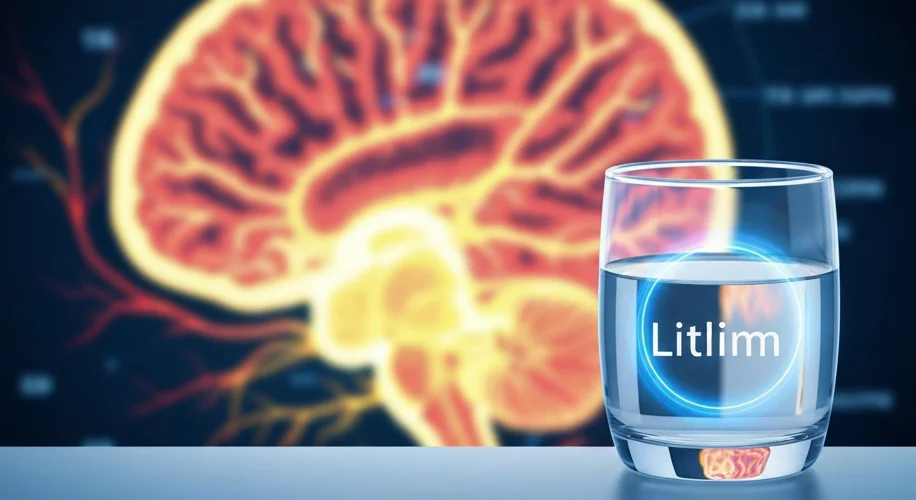Did you know that a naturally occurring mineral, lithium, is showing some really exciting promise in the fight against Alzheimer’s disease? It sounds almost too simple, but research over the past decade has been digging into this connection, and the findings are pretty compelling.
The Lithium Link
So, what’s the story? Several studies, including a long-term one mentioned by Nature, have found a link between lower levels of lithium in drinking water and an increased incidence of dementia, including Alzheimer’s disease. This isn’t just a casual observation; it’s a pattern that’s been noticed across different populations.
Think about it this way: trace elements in our water supply can have subtle but significant effects on our health over time. While we often associate lithium with mood stabilization in treating bipolar disorder, its role in brain health at much lower, naturally occurring levels is what’s fascinating neuroscientists.
What the Science is Saying
Researchers are exploring the idea that maintaining adequate lithium levels might actually help protect brain cells. Some studies suggest that lithium could play a role in:
- Reducing inflammation in the brain: Chronic inflammation is a known factor in the progression of Alzheimer’s.
- Promoting brain cell repair and growth: Lithium might encourage the creation of new neurons and help protect existing ones.
- Clearing out harmful protein buildup: Proteins like amyloid-beta and tau are hallmarks of Alzheimer’s, and lithium could potentially help the brain clear these out more effectively.
One of the most intriguing aspects is the idea of restoring lithium levels. If deficiency is linked to increased risk, then ensuring adequate intake, perhaps through diet or even fortified water in the future, could be a preventative strategy. It’s not about high-dose medical treatment, but about finding that sweet spot for brain health through everyday elements.
What This Means for Us
This research opens up a whole new avenue of thought when it comes to preventing neurodegenerative diseases. While we’re still learning the full extent of lithium’s role, the ongoing studies are incredibly hopeful. It highlights how much we still have to discover about the intricate workings of our brains and how essential even the smallest dietary components can be.
It’s a reminder that science is constantly evolving, and sometimes, the answers we seek might be found in the most unexpected places – like the trace minerals in our water. As research continues, it’s definitely a space to watch!

